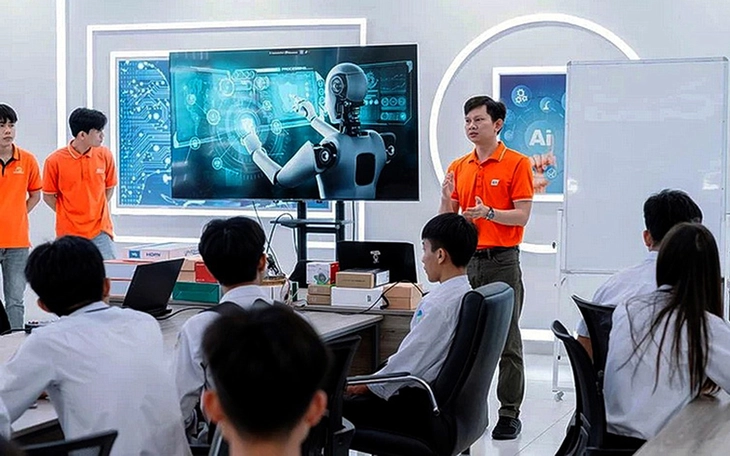
In the AI era, learning must not only go hand in hand but also go ahead, master AI, master technology - Photo: FPTU
According to the World Economic Forum (WEF), by 2025, AI technology could replace 85 million global jobs but also create 97 million new jobs. History shows that there are jobs lost and many new jobs replaced.
New thinking and proactive adaptation
In fact, AI not only takes away jobs but also creates many new opportunities. In Vietnam, technology companies such asFPT , Viettel AI or VNG are investing heavily in AI, creating a great demand for positions such as AI programmers, data experts or robotics engineers. Young Vietnamese people, who are familiar with technology and have the ability to learn quickly, can take advantage of this to enter new fields.
Starting a business in the field of AI is also a potential direction. For example, young people can develop AI applications to support education , such as personalized foreign language learning apps or AI tools for small businesses.
Participating in technology communities like Vietnam AI Network helps young people stay updated with trends and connect with experts to improve their knowledge and skills.
Changing mindsets also involves accepting that the labor market will always change. Historically, industrial revolutions have eliminated some jobs but also created many new opportunities. Young Vietnamese people, with their dynamic and creative spirit, are fully capable of leading in the AI era if equipped with the right knowledge and skills.
The concern about AI competing for jobs is real but not insurmountable. By improving skills, taking advantage of new opportunities and changing their mindset, young Vietnamese people can completely turn challenges into opportunities. Currently, AI is not an enemy but a tool for young people to affirm their self-worth, thereby building a sustainable career in the digital age.
Upskilling and lifelong learning
In Vietnam, repetitive tasks such as data entry, basic data analysis or translation are gradually being automated, putting great pressure on young graduates. However, instead of being afraid, young people can take advantage of practical solutions to adapt and turn AI into career development opportunities.
To compete in the AI era, young Vietnamese people need to prioritize lifelong learning and develop skills that are difficult for AI to replace.
First of all, it is necessary to get acquainted with AI. Young people should learn how to use AI tools such as ChatGPT, Grok, MidJourney... or GenAI platforms to support their work, and should also participate in free or low-cost online courses on the Internet to provide knowledge about AI programming, machine learning or data analysis. For example, a marketing student can learn how to use AI to analyze customer behavior, thereby increasing their self-worth.
In addition, “soft” skills such as creativity, critical thinking, emotional intelligence, artistic creativity and leadership are areas where AI cannot replace. In fact, professions that require empathy such as teachers, psychologists, lawyers, artists or human resources specialists still hold an important position.
Young people should take courses in communication, team management or participate in community projects to practice these skills. It is important that young people take their studies seriously, including learning how to use AI instead of using AI arbitrarily and depending on it.
The role of policy and business
Authorities and businesses have an important role to play in mitigating the negative impact of AI on the labor market. The state needs to invest in reskilling and upskilling programs for young people.
For example, free training programs in programming, AI or digital skills could be rolled out through vocational education centers or in partnership with tech corporations.
Businesses in Vietnam also need to change their approach. Instead of firing employees to replace them with AI, companies can apply a model of training employees to learn how to use AI, so that employees can use AI to increase labor productivity.
For example, an accountant could use AI to automate financial reporting, thereby focusing on more strategic tasks. This can be considered a practical and humane approach while still ensuring production efficiency.
Source: https://tuoitre.vn/giam-viec-lam-vi-ai-dang-lo-den-muc-nao-20250912073959618.htm






![[Photo] General Secretary To Lam attends the 1st Congress of the Central Party Committee of the Fatherland Front and Central Mass Organizations](https://vphoto.vietnam.vn/thumb/1200x675/vietnam/resource/IMAGE/2025/9/23/2aa63d072cab4105a113d4fc0c68a839)

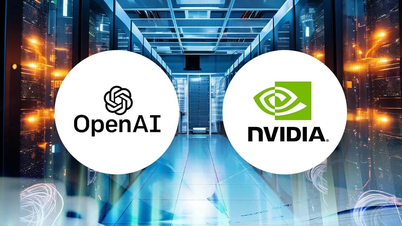

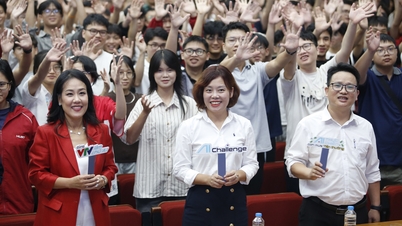


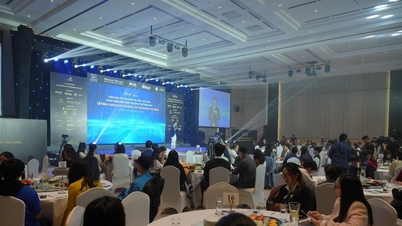






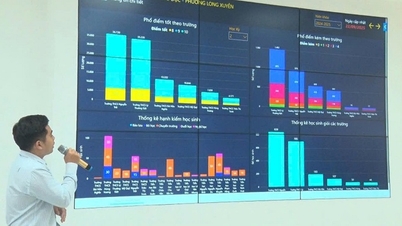
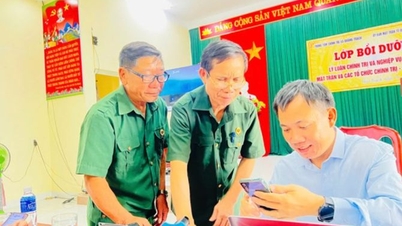


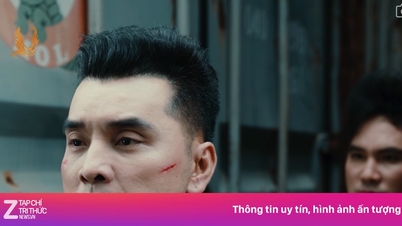











![[Photo] Prime Minister Pham Minh Chinh chairs the first meeting of the Central Steering Committee on housing policy and real estate market](https://vphoto.vietnam.vn/thumb/1200x675/vietnam/resource/IMAGE/2025/9/22/c0f42b88c6284975b4bcfcf5b17656e7)

















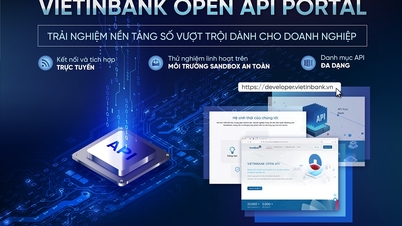








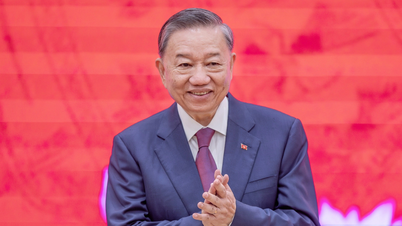

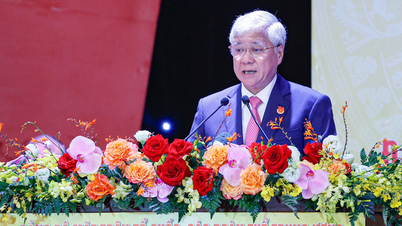

















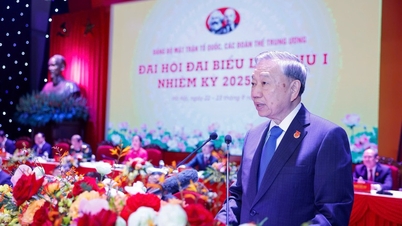














Comment (0)